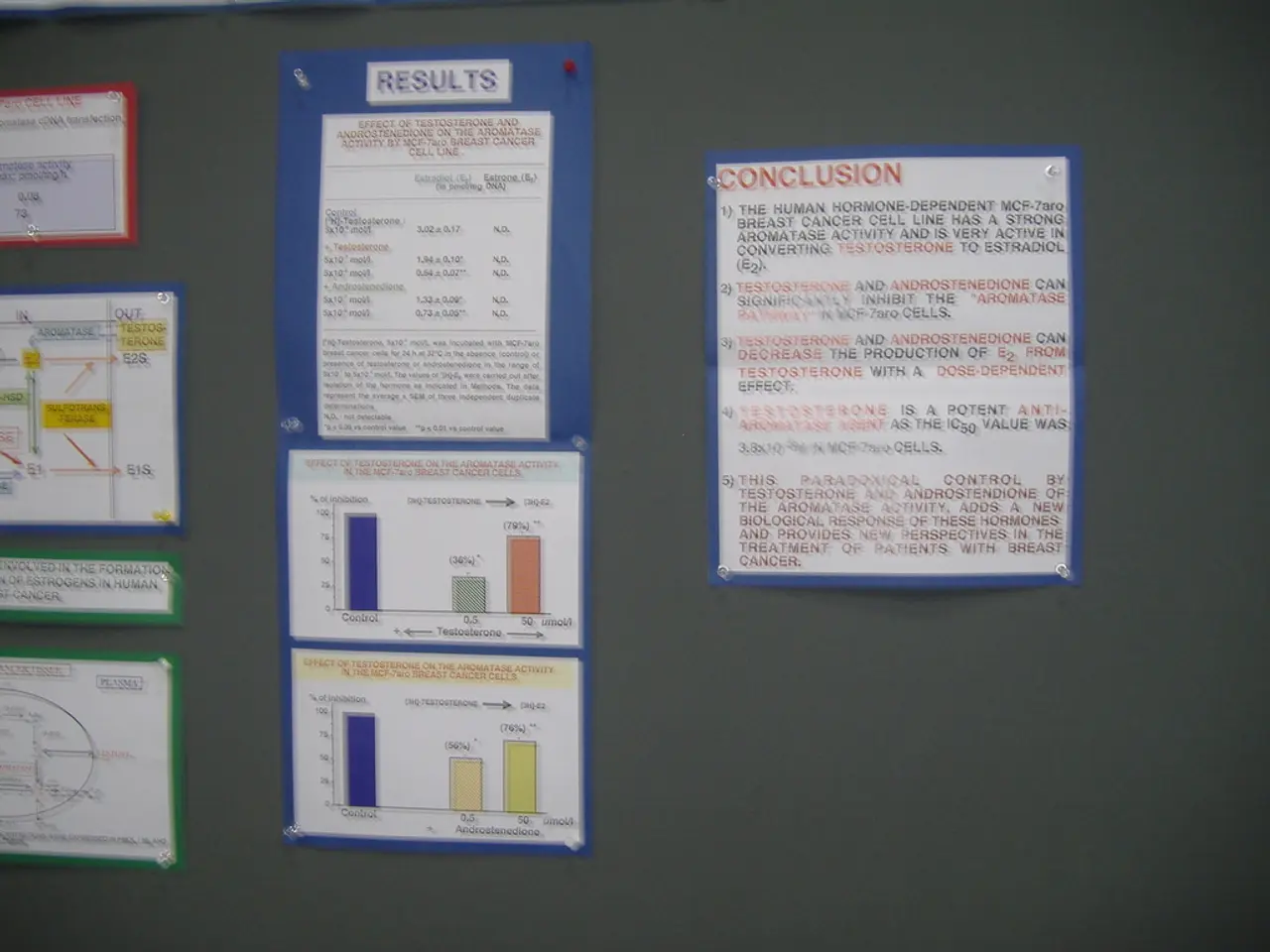How do Participatory Notes (P-Notes) function within the Indian financial system?
The Securities and Exchange Board of India (SEBI) introduced Participatory Notes (P-Notes) in 2000, allowing foreign investors to access the Indian financial markets without registering as a foreign institutional investor. These financial instruments enable foreign investors to invest in Indian securities anonymously, bypassing regulatory hurdles.
Foreign institutional investors (FIIs), such as HSBC or Deutsche Bank, play a crucial role in fueling the growth of the Indian economy, industries, and capital markets. They issue P-notes, which are traded by brokers registered with SEBI.
The process is straightforward: international investors deposit funds with a registered FII, inform the bank of the desired securities, and receive participatory notes. The FII then uses these notes to buy the corresponding stocks in the Indian marketplace.
P-notes have been popular due to their anonymity and ease of use, but they have also raised concerns over potential misuse for purposes like money laundering. The Special Investigation Team (SIT) has suggested stricter compliance measures for the trading of participatory notes due to these concerns.
Regulatory challenges include the inability to track the original and final owners of P-notes, which can lead to unaccounted-for money entering the country. This is a significant concern, as P-notes have no direct jurisdiction under SEBI, but SEBI has attempted to control the market by imposing various stipulations around foreign institutional investors (FII) in India selling these notes.
Despite these challenges, P-notes offer potential benefits to investors. They simplify the investment process, offer anonymity, and potentially attract foreign capital inflow into India's markets. However, their regulatory loopholes and anonymity present significant challenges, such as potential money laundering risks and market volatility.
In 2007, the government's attempt to restrict P-notes led to a significant market volatility, with the Sensex dropping 1,744 points or over 8% in one day. Each month, brokers must report their participatory note issuance status to the regulatory board.
Unregistered overseas investors like high-net-worth individuals and hedge funds can buy Indian shares through P-notes. As an investor, it's crucial to understand both the opportunities and risks associated with P-Notes to make informed financial decisions related to investing in Indian markets.
In conclusion, while P-Notes offer advantages like simplified investment processes and potential foreign capital inflow, they also present significant challenges, such as potential money laundering risks and market volatility. It's essential for investors to be aware of these factors when considering P-Notes as a means of investment.
Read also:
- Nightly sweat episodes linked to GERD: Crucial insights explained
- Antitussives: List of Examples, Functions, Adverse Reactions, and Additional Details
- Asthma Diagnosis: Exploring FeNO Tests and Related Treatments
- Unfortunate Financial Disarray for a Family from California After an Expensive Emergency Room Visit with Their Burned Infant








